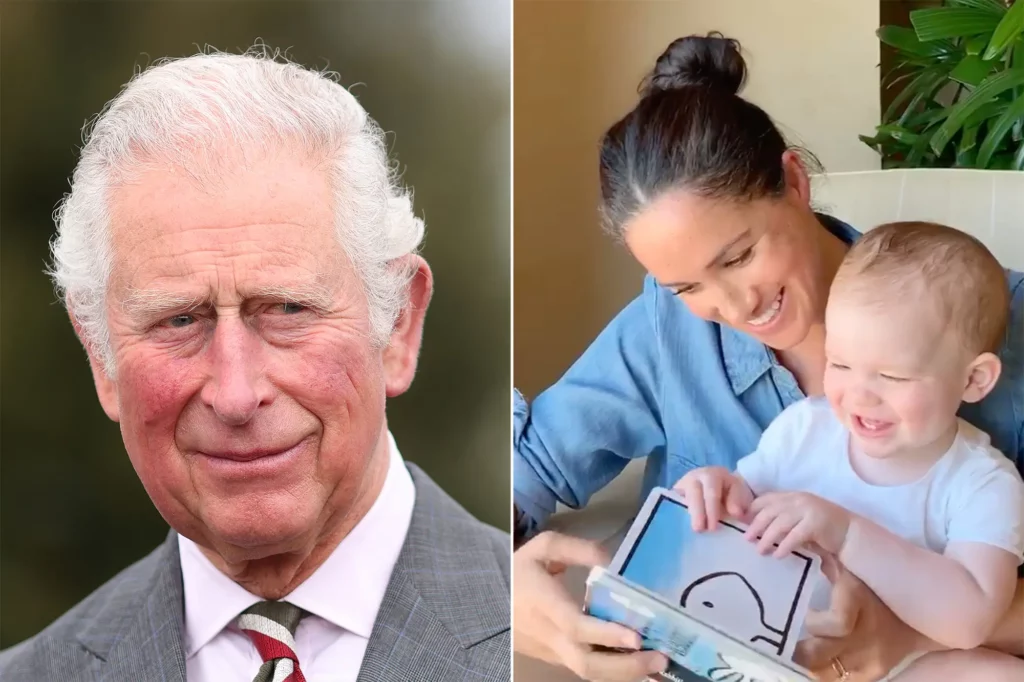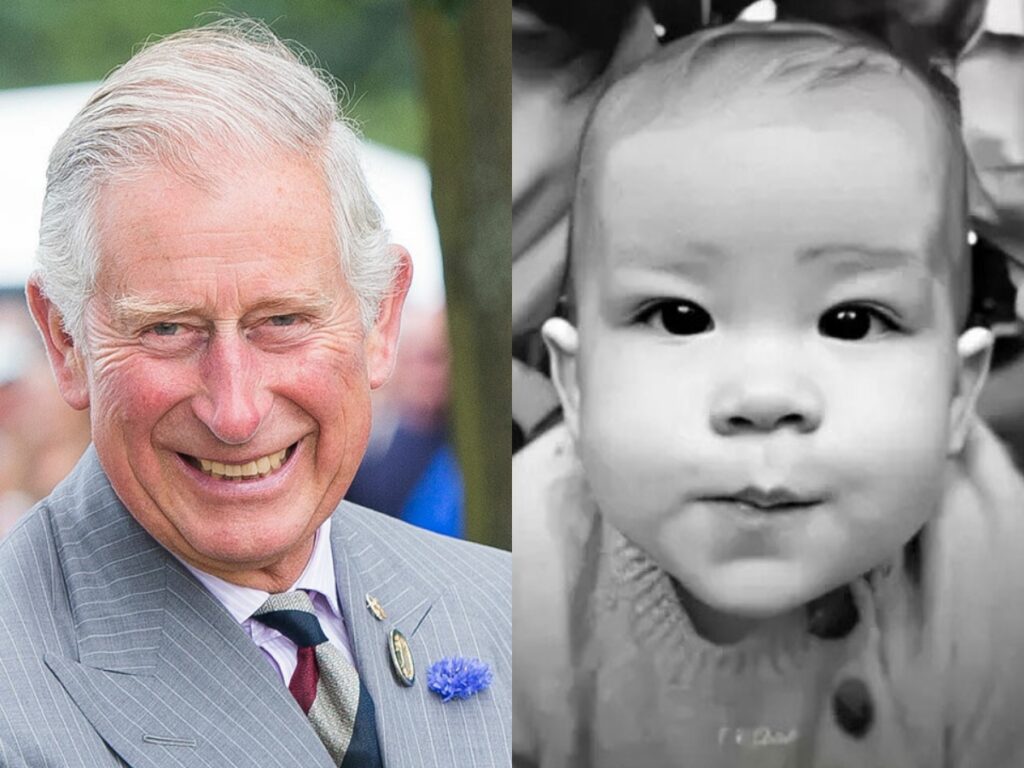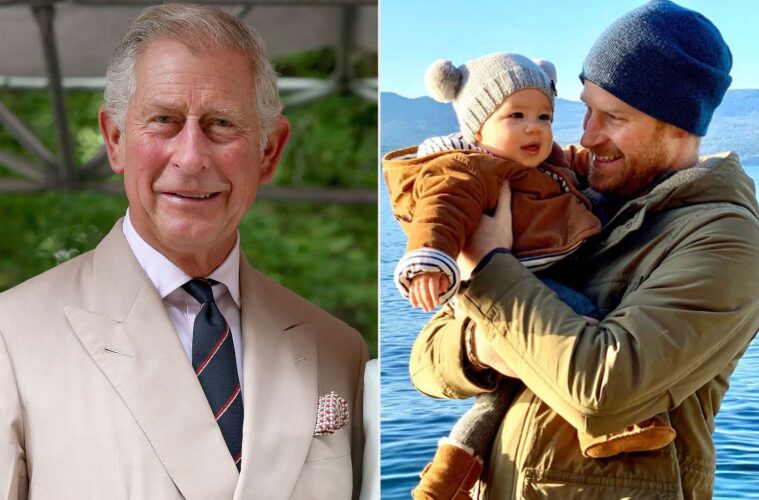Which Royal Made The Skin Color Comment
The recent uproar surrounding the Dutch translation of Omid Scobie’s book “Endgame” has added fuel to the already fiery speculation about the inner workings of the British royal family. The controversy erupted when it was revealed that the Dutch version included a detail absent from the English edition—an alleged reference to King Charles in relation to the concerning remarks made about the potential skin color of Meghan Markle and Prince Harry’s son, Archie. Dutch media has reported that the references in the book were allegedley printed about King Charles. This discrepancy might have occurred due to a mistake in the Dutch translation, possibly because Scobie had to remove the name for legal reasons. There was also allegedly another name revealed in letters between Meghan Markle and King Charles and that name is allegedly Kate Middleton. The outlet did not post the excerpt from the book so it is possible that it is fabricated or something got lost in translation.

Which Royal Asked About Skin Colour Twitter
This discrepancy, highlighted by Royal House expert Rick Evers, became a focal point for the British press. The book’s removal from shelves stemmed from Evers’ revelation, causing a frenzy of speculation and curiosity about the accuracy of the translation and the potential identity of the royal involved in the controversial comment.
Scobie’s “Endgame” was highly anticipated, especially due to its supposed insights into the revelations made by Meghan and Harry during their interview with Oprah Winfrey. The couple had candidly discussed the distressing conversations within the royal family regarding their son Archie’s skin color prior to his birth.

Archie Skin Color Comment
While the English version tactfully omitted specific names tied to the incendiary statement, the Dutch translation reportedly pointed fingers at the current heir to the throne, King Charles. The discrepancy between the versions has stirred controversy, raising questions about potential legal constraints that may have necessitated the exclusion of names in the English edition.
The frenzy surrounding this translation error has fueled the already intense scrutiny of the royal family’s internal dynamics. It further emphasizes the public’s thirst for clarity and transparency regarding the incendiary revelations made by the Duke and Duchess of Sussex during their revelatory interview.
As the saga unfolds, the Dutch translation error stands as a stark reminder of the complexities surrounding royal narratives and the challenges of navigating legal sensitivities in publishing such controversial accounts. It leaves the public, both in the Netherlands and beyond, pondering the authenticity of the claim and seeking answers amidst the murky waters of royal controversies.
Published by HOLR Magazine.


